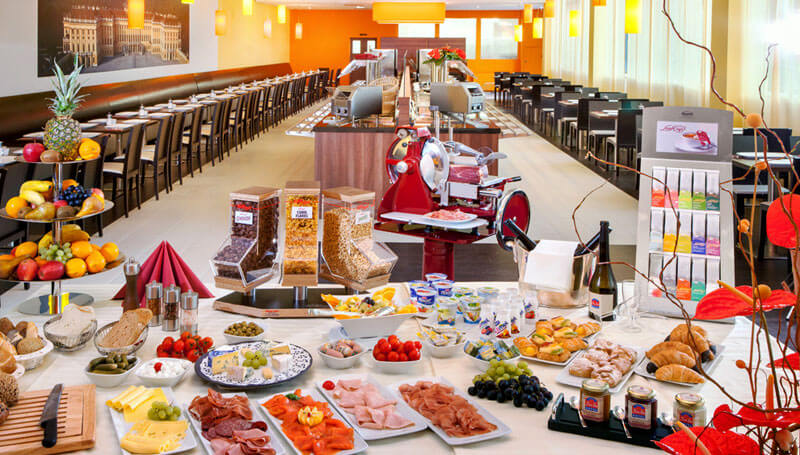
A while back, Four Points, now part of Marriott but formerly known as Four Points by Sheraton, launched a campaign promoting their “Breakfast for a Buck” offer. Essentially, customers in the American market could book a stay and, by paying just one dollar more, enjoy breakfast.
NB: This is an article from Direct Your Bookings
Subscribe to our weekly newsletter and stay up to date
This campaign proved highly successful and remains active today under Marriott, further confirming the appeal of the offer.
Interestingly, this campaign may seem counterintuitive to the classic concept of an included breakfast or breakfast as part of a room package.
However, there are several psychological principles and marketing tactics that can explain this choice.
Let’s examine a few.
#1 Perception of Value
The concept of free is a double-edged sword.
On one hand, everyone loves a freebie. It attracts attention and can be a powerful incentive.
However, there’s a hidden side to this. When something is offered without any cost, its perceived value can often diminish in the eyes of the consumer.
Now, let’s consider the opposite scenario. Imagine you’re being charged, even if it’s just a symbolic amount like a dollar. This small transaction changes the dynamics. Suddenly, what you’re receiving isn’t just another complimentary item; it’s something you’ve invested in, albeit minimally.
By introducing a nominal fee, you send a message that the product or service has inherent value. It’s not just another throwaway freebie; it’s worth something. And when consumers pay, even if it’s just a fraction of the actual cost, they often attribute more value to it.
After all, if you’ve parted with your hard-earned money, even just a bit, wouldn’t you naturally feel that what you’re getting in return holds some significance?
#2 Contrast Effect
In the vast realm of behavioral economics, the contrast effect plays a pivotal role in shaping consumer decisions.
The principle is simple yet profound: our perception of something is often influenced by its contrast with another item. For instance, if you were to see a moderately priced item immediately after seeing a very expensive one, you’d likely perceive the former as more affordable, even if it’s not necessarily cheap.
Now, let’s apply this to the hotel industry. Hotels offer a myriad of services, from luxurious spa treatments to gourmet dining experiences.
These services, often perceived as high-end, set a certain expectation of cost in the minds of guests. When juxtaposed with an offer like breakfast for just a dollar, the contrast is stark.
Suddenly, this breakfast feels like an incredible deal, even if other hotel services come at a premium.
The brilliance of this strategy lies in its ability to make guests feel they’re getting exceptional value, all thanks to the power of contrast.
3# Psychological Barrier
In the intricate dance of consumer behavior, psychological barriers often dictate the steps.
A price, even a symbolic one, can serve as a gatekeeper.
It’s not about excluding, but rather about filtering.
By charging a nominal fee, hotels subtly set a threshold.
This threshold differentiates between those who are merely browsing and those who are genuinely interested.
In the context of a hotel, this small fee ensures that those who opt for the breakfast are those who truly value it.
It’s a delicate way of enhancing the overall guest experience, ensuring that services meet the expectations of a more discerning clientele.




